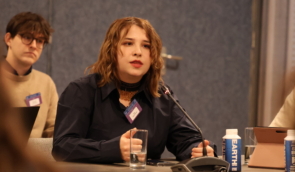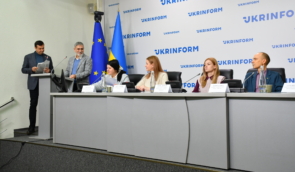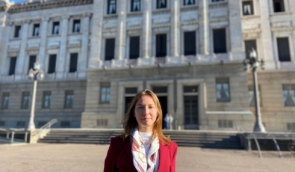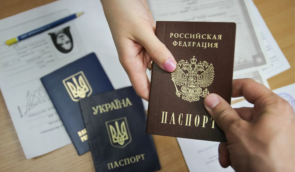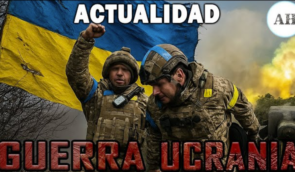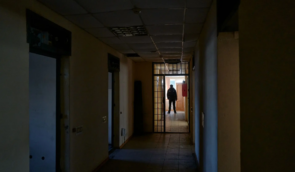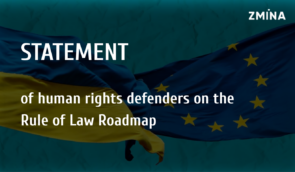Journalists’ attention to courts regarding collaborationism is insufficient: a discussion with human rights defenders
On July 15, the Human Rights Centre ZMINA held a closed discussion with media professionals regarding how Ukrainian journalists write about collaborationism and what nuances in this topic the media should pay attention to. Among the problems, journalists rarely create unique materials about the trials of alleged collaborators, and instead often copy reports from law enforcement officers without verifying the information.
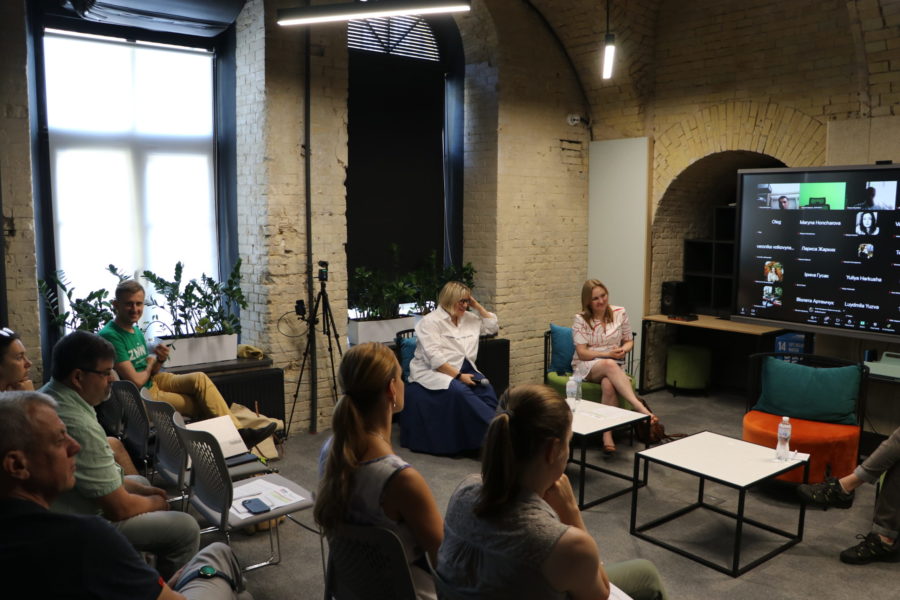
Oksana Romaniuk, director of the Institute of Mass Information and a member of the Commission on Journalistic Ethics, noted during the discussion that the quality of processing press releases from law enforcement agencies in cases of collaborative activity among media workers is quite low.
Although the topic of collaborationism in Ukrainian society arouses strong interest, journalists do not pay enough attention to court processes in these cases. Since the media mainly takes information from state bodies, a person can be called a collaborator in journalistic materials even before a court decision. This is a violation of the presumption of innocence, says Romaniuk:
“You can’t call a person guilty before a court verdict. Journalists should write “suspect” and not “criminal” before the verdict is passed.”
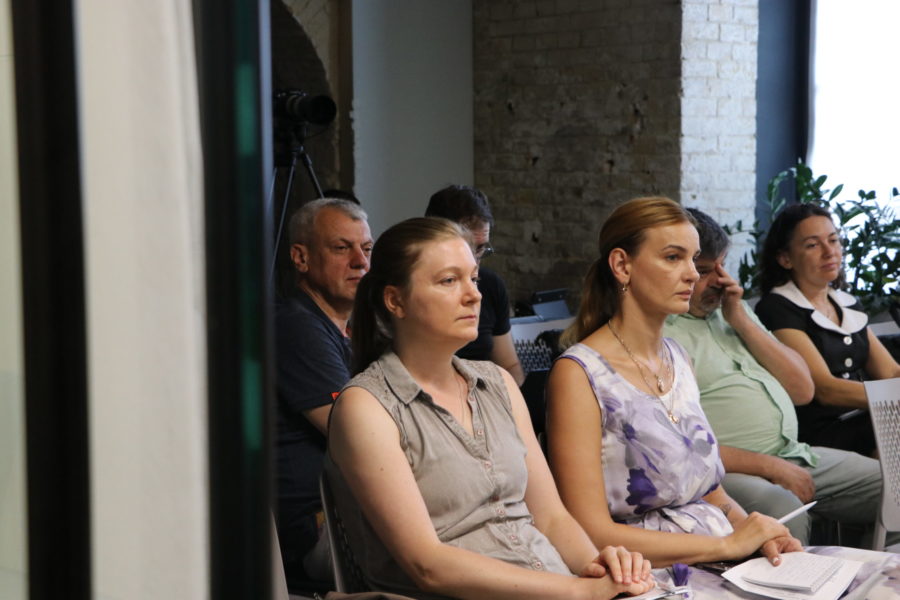
The media expert also reminded that showing the suspect’s photos before the court decision and even specifying identification marks is a gross violation.
“Conventionally speaking, if a person wears a red jacket and lives in such a village. The media shows a person with a red jacket in their material and indicates the name of the village. This person can be punished by a Lynch court even before a pre-trial investigation and before a court decision. It is necessary to think about the potential consequences of publication because this is an extremely serious accusation. We don’t know if this person is really a collaborator,” Oksana Romaniuk said.
The head of the Media Initiative for Human Rights, Olha Reshetylova, gave as an example the case of Svitlana Ogol from a village in the Mykolayiv region, who is accused of treason: she allegedly handed over a local ATO veteran to the occupiers and they tortured him. According to her, someone in the village pointed her out because she was facing problematic circumstances in her life. But several of her fellow villagers testified in court that she could not hand over the ATO veteran to the Russians, and even the relatives of the murdered ATO participant did not believe the version of the investigation, because Svitlana Ogol was his classmate.
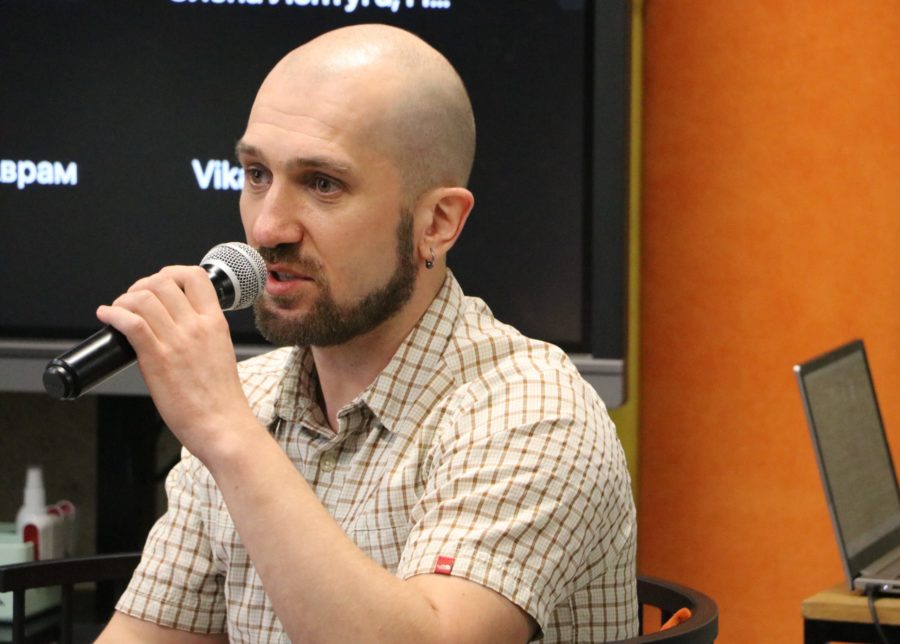 Alexey Arunyan
Alexey ArunyanThe journalist of “Grat” Oleksii Arunian also advises the media to be critical of the press releases of law enforcement officers and to check the facts, contacting the opposite party for comment, in particular, through a lawyer, family members, looking for additional data from the Unified Register of Court Decisions or attending court sessions.
In addition, during the event, the representative of the monitoring platform Semantrum, Veronika Volkovynska, presented the results of their research on the narratives about collaborationism that are present in the media and messages from state authorities. The public presentation of these data will take place on July 30 in Kyiv.
If you have found a spelling error, please, notify us by selecting that text and pressing Ctrl+Enter.


